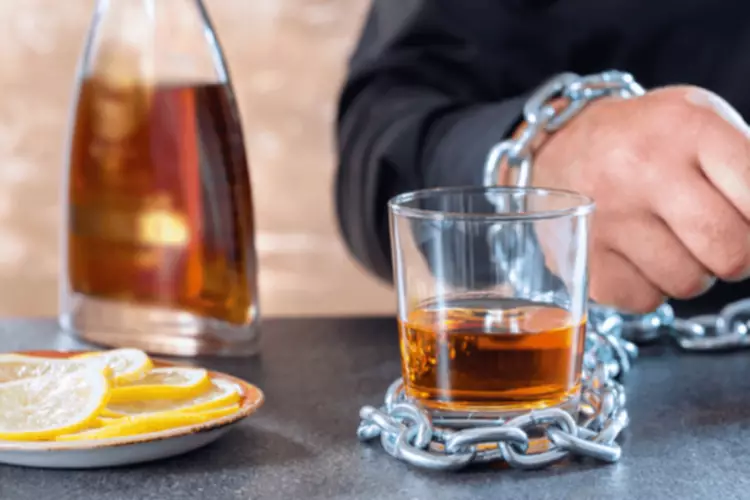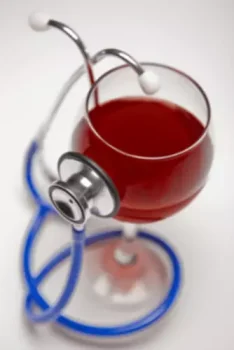Alcohol Withdrawal: Symptoms, Treatment & Timeline

Many involve a combination of group psychotherapy (talk therapy) and medications. You may also receive other medications or treatments for related health issues canceltimesharegeek, like IV fluids for dehydration and electrolyte imbalances or antinausea medicines if you experience vomiting. Each of these symptoms can increase in intensity depending on the severity of the withdrawal. Use of this website and any information contained herein is governed by the Healthgrades User Agreement.
Alcohol Withdrawal Syndrome: Symptoms, Causes, Treatment, and More
Any information published on this website or by this brand is not intended as a substitute for medical advice, and you should not take any action before consulting with a healthcare professional. It’s important first to get evaluated by a medical professional and to reach out to a support system if you’re able. This could be family members, friends, members of your community, or people in sobriety support groups.
What are the complications of alcohol withdrawal?
- Anyone who is having severe symptoms of alcohol withdrawal syndrome, such as seizures, hallucinations, or prolonged vomiting needs immediate medical treatment.
- That will help you decide on the best plan to stop drinking, with support which can include specific prescription medication to take during your withdrawal.
- Those with a wider circle of support have a better chance of staying sober.
- The first goal of treatment is to keep you comfortable by managing your symptoms.
Alcohol withdrawal syndrome and a hangover have different causes. People with alcohol withdrawal syndrome can have a wide variety of symptoms, depending on how much alcohol they drank, their body type, sex, age, and any underlying medical conditions. The production of these neurotransmitters is affected when a person stops or significantly reduces alcohol intake. If your symptoms are more severe, you may need to stay in the hospital. This is so your doctor can monitor your condition and manage any complications.
Who is at risk for alcohol withdrawal syndrome?
Mild symptoms may appear similar to a hangover, but they last longer than 24 hours. This information provides a general overview and may not apply to everyone. Talk to your family doctor to find out if this information applies to you and to get more information on this subject. In some people, the initial reaction may feel like an increase in energy.

This may include medications, therapy, or both and can be offered in a variety of settings, both inpatient, outpatient, or a hybrid model. This is why some people may be hesitant or afraid to quit drinking. Still, try to keep in mind that these symptoms — though uncomfortable — are temporary.

It is important to contact your doctor if you feel you may be experiencing alcohol use disorder or dependent drinking. They will be able to offer advice on how to reduce your intake safely while helping you manage any symptoms of withdrawal. Alcohol withdrawal — symptoms that develop when a person suddenly stops drinking alcohol after prolonged, heavy drinking — is a common feature of alcohol dependence, or alcoholism.
- It is unclear whether or not a slow Cymbalta taper will always prevent withdrawal symptoms, but it is generally considered the safest way to stop an antidepressant.
- Some symptoms, such as irritability, fatigue, and sleep disturbances, may persist over time while the body adjusts to the lack of alcohol.
- Find out what they are and what you should do if you are experiencing them.
- This information provides a general overview and may not apply to everyone.
Delirium tremens and seizures
- These symptoms usually begin 48 to 72 hours after you stop drinking and most commonly last 5 to 7 days.
- For those with alcohol use disorder, withdrawal is just the first (but very important) step on a long journey to recovery.
- If don’t have much of an appetite, you may want to take a multivitamin or drink a beverage high in electrolytes, such as a sports drink.
- All withdrawal symptoms – whether the psychological ones like anxiety, or the physical ones like the shakes – are caused by your body going into ‘fight or flight’ mode.
- For most people, alcohol withdrawal symptoms will begin sometime in the first eight hours after their final drink.
- You’ve taken an important first step toward recovery by deciding to stop drinking.
You may also know that you need help with alcohol misuse when you begin experiencing consequences directly related to your alcohol misuse—but you still can’t stop or cut back on the amount that you’re drinking. To learn more about when you may need help for alcohol misuse, visit our informational page on helping someone with an alcohol use disorder or take our alcohol misuse self-assessment. alcohol withdrawal syndrome symptoms Risk factors for alcohol use disorder include a family history of problems with alcohol, depression and other mental health conditions, and genetic factors. A doctor can often diagnose alcohol withdrawal syndrome by taking a person’s medical history and doing a physical exam. While some of the symptoms of alcohol withdrawal syndrome are similar to a hangover, they are not the same condition.
You may need to get fluids intravenously, or through your veins, to prevent dehydration and medications to help ease your symptoms. AWS is more common in adults, but children and teenagers who drink excessively may also experience the symptoms. You’re also at risk for AWS if you’ve previously had withdrawal symptoms or needed medical detox for a drinking problem.

